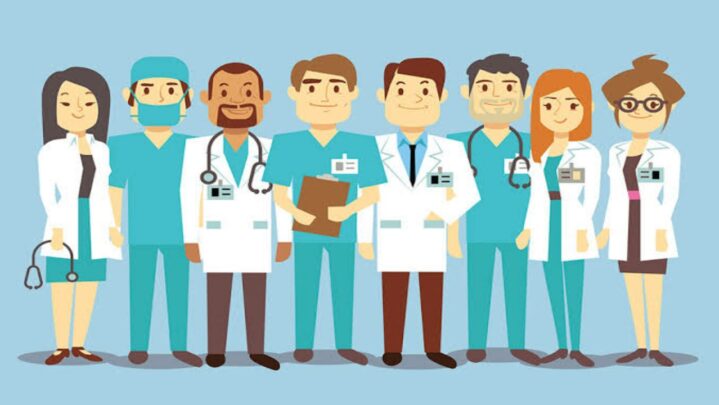Choosing a speciality is one of the most essential decisions you will make while in medical school. This decision is influenced by several criteria, including your personal history, clinical interests, rotational experience, training duration, and financial and lifestyle considerations.
While all of these factors are significant, how you order them as decision-making criteria is ultimately up to you. Some students know what speciality they want to pursue before entering medical school, while others will make their decision after completing a rotation that they enjoy. Others alter their views multiple times before settling on the best option.
Minimizing the list of alternatives
The choice between surgical and non-surgical specialities is an early decision to make while deciding on a speciality. Once you’ve made this distinction, you can restrict your other possibilities even more. Clinical rotation experience is essential for seeing firsthand what life is like in that speciality on a day-to-day basis. Throughout this process, remember to have an open mind and be objective, and consider all factors before making a final decision.
Recognize the skill sets required for each speciality
Though there isn’t enough time in medical school to acquire a solid sense of what it’s like to work in a certain speciality daily, you may still gain a decent sense of your unique strengths and weaknesses. A psychiatrist must have a lot of patience and be able to listen well.
A paediatrician’s ability to communicate with children and their parents should come naturally. For the hundreds of CT scans and X-rays that a radiologist will see, they should have eagle eyes. Determine what you excel at, where you struggle, and what you couldn’t accomplish if your life depended on it.
Be truthful to yourself
We’ve all encountered the first-year student who binge-watched Strange and declared confidently that he or she was meant to be a neurosurgeon. While imagining is enjoyable, you must remain realistic and loyal to yourself. While some specialties are “cool,” not everyone has the same interests. Some people love analysing a patient’s diagnosis, while others prefer manual jobs and little patient contact, and yet others enjoy watching other people sleep.
Keep reading successyeti.com
Also Read: Coco De Mer: Have A Look At Seychelles’ Forbidden Fruit





